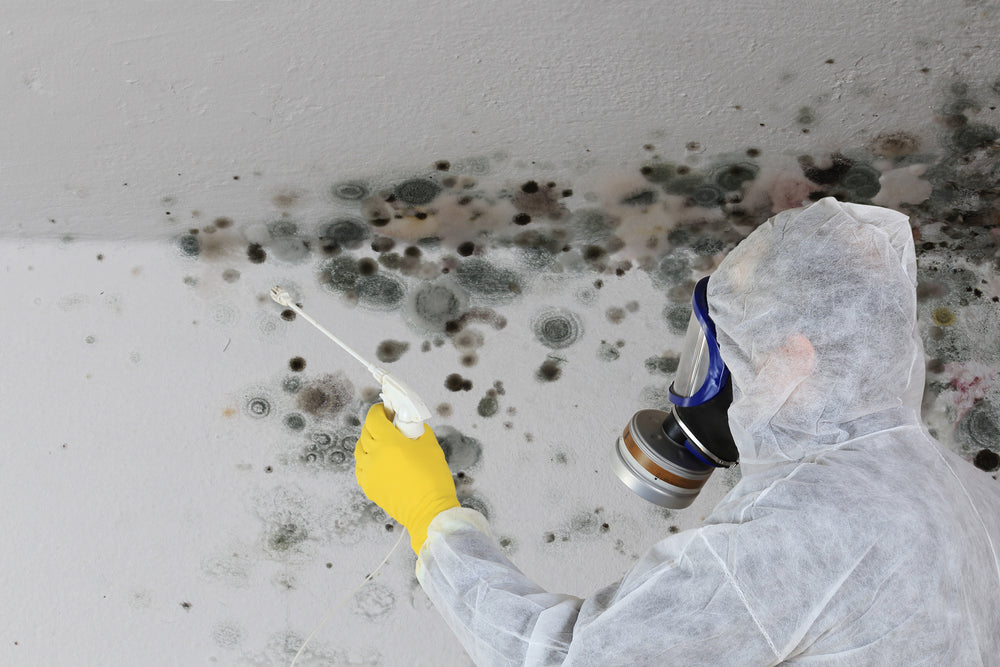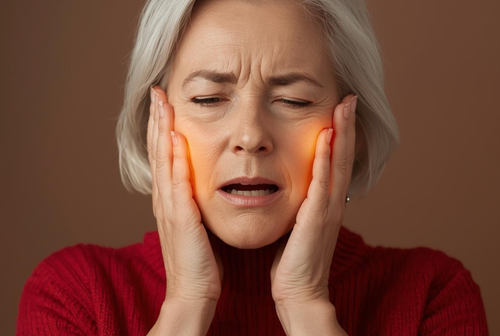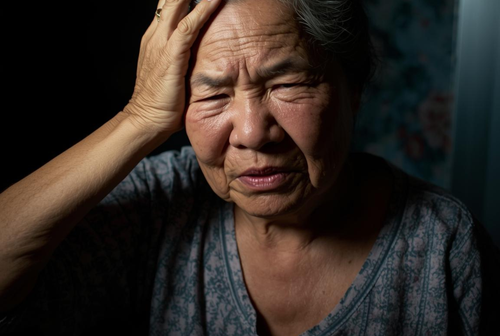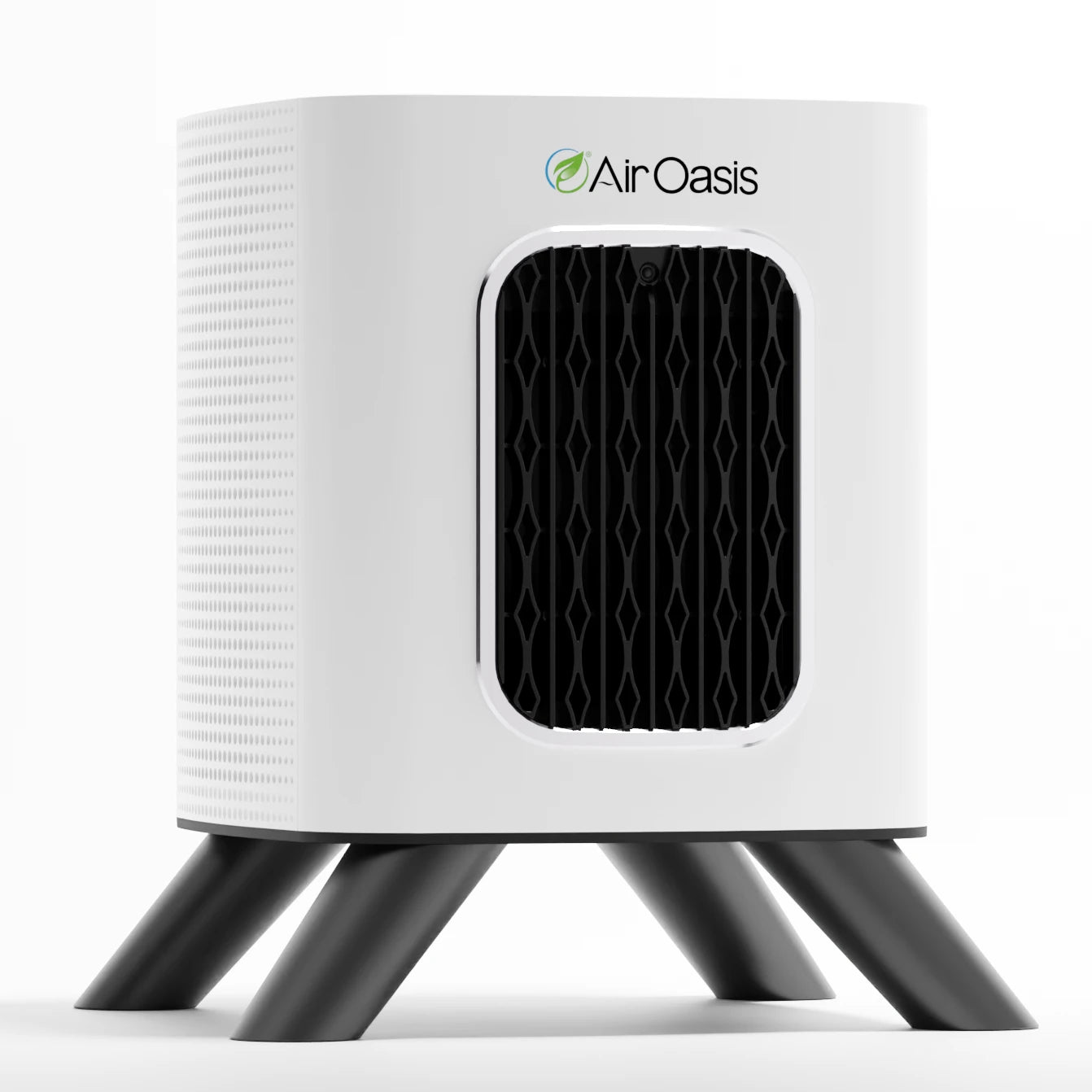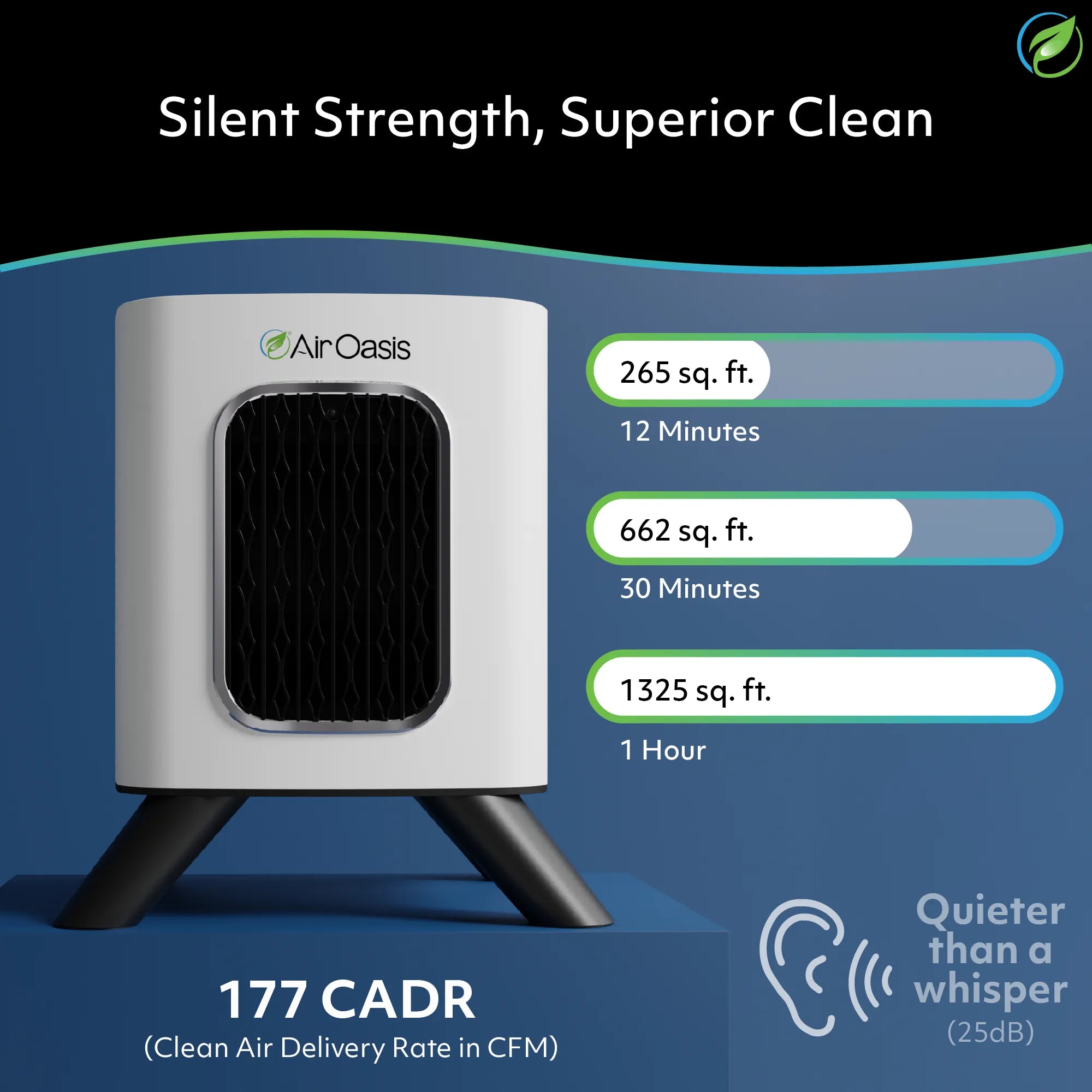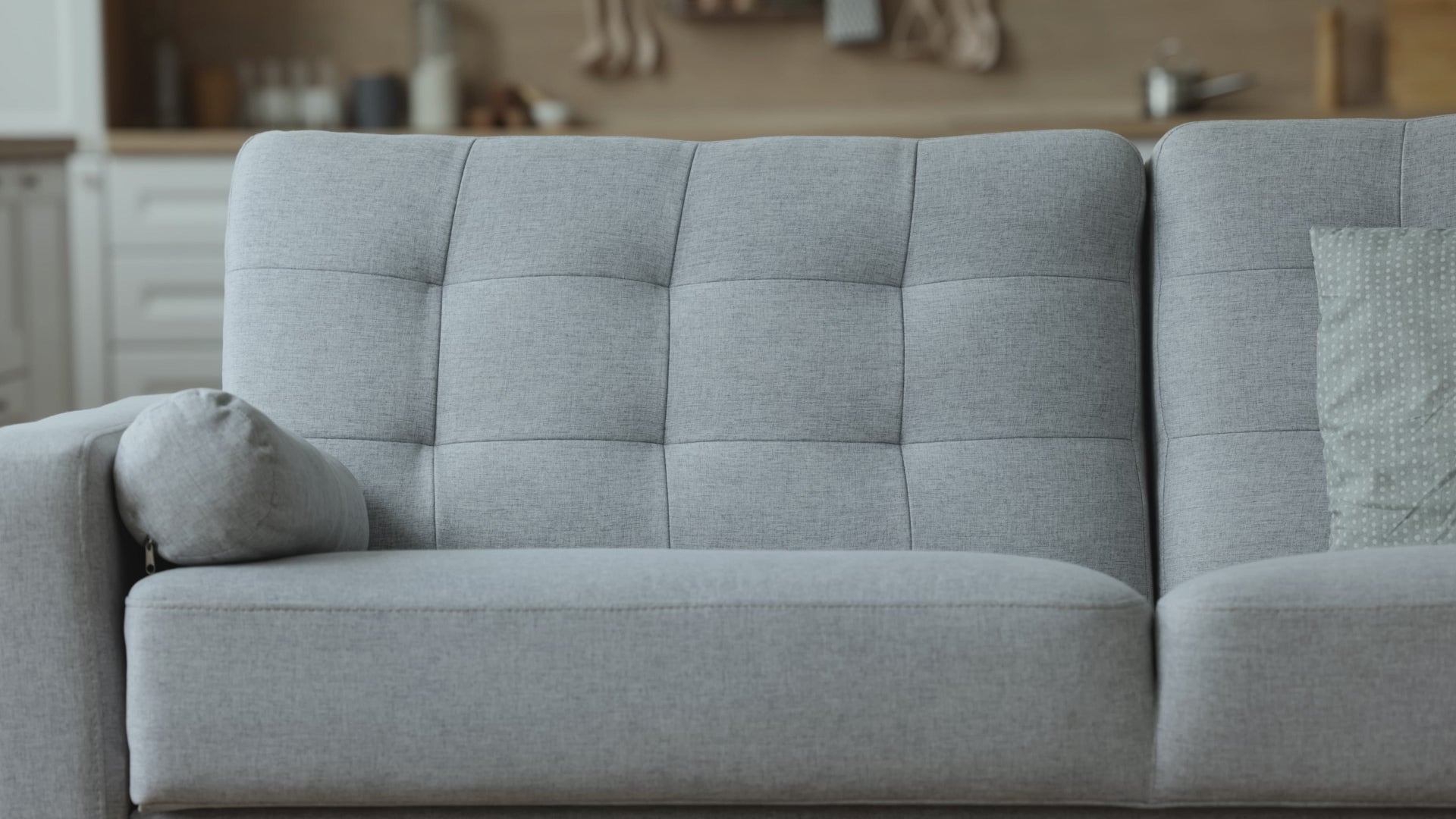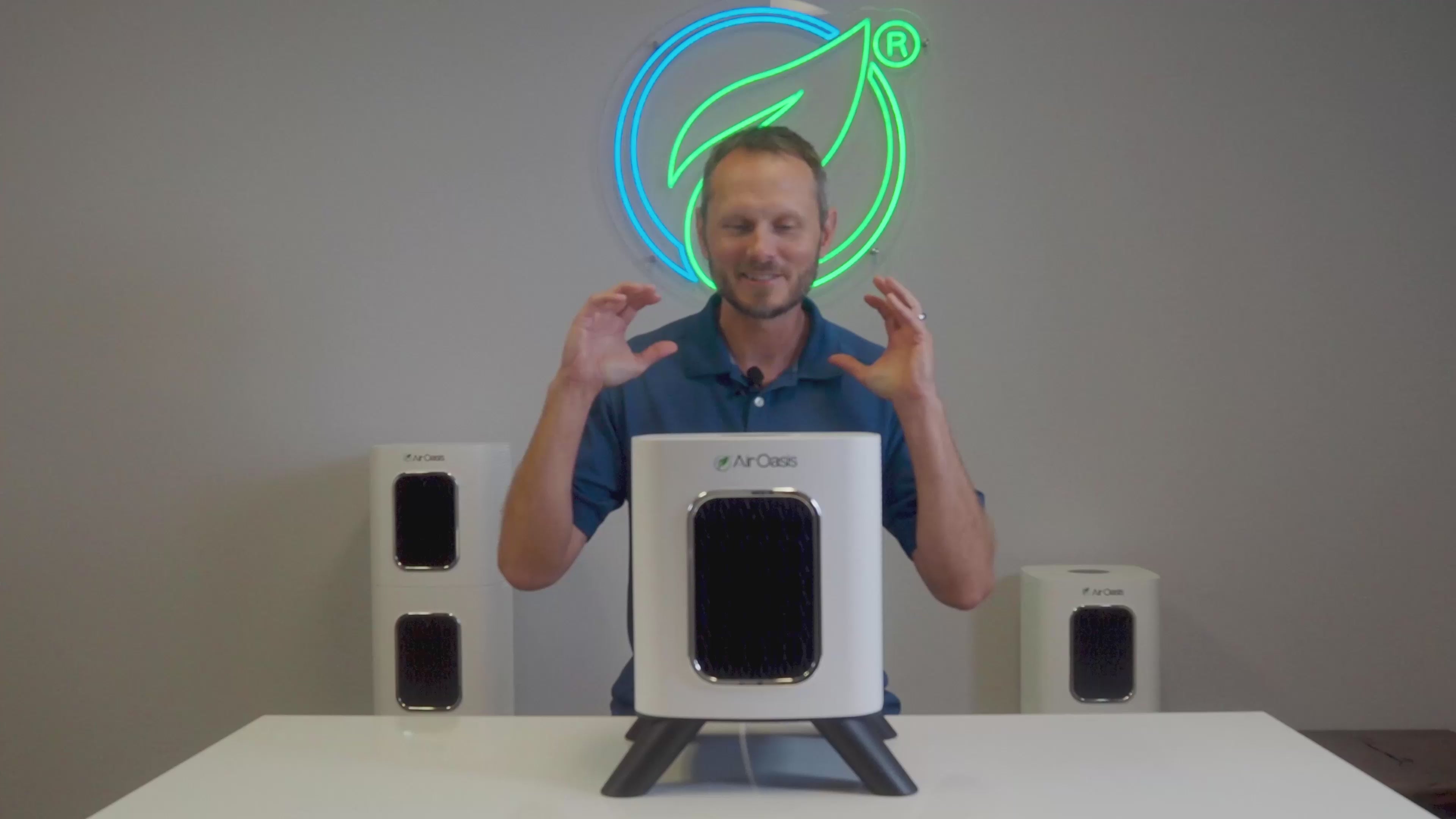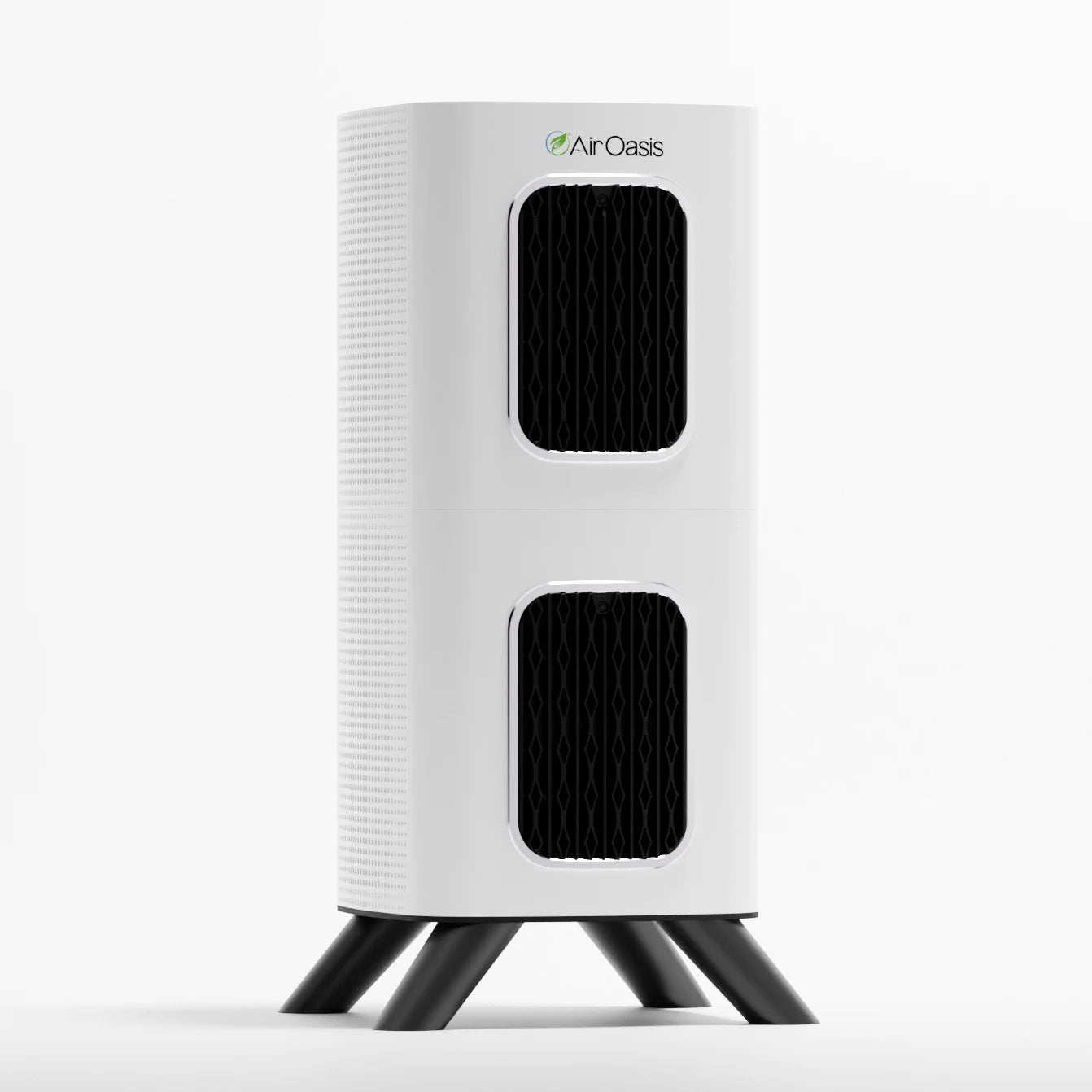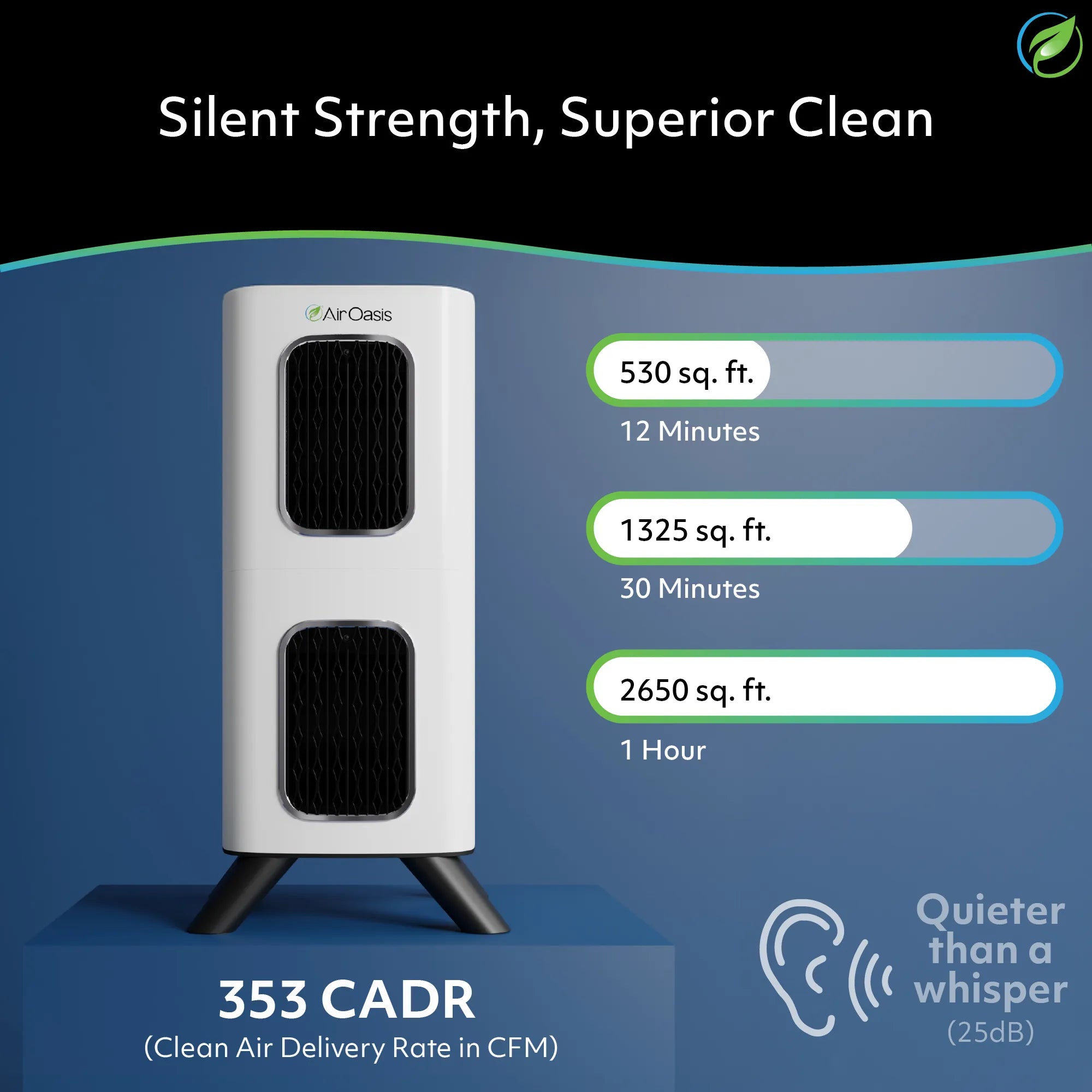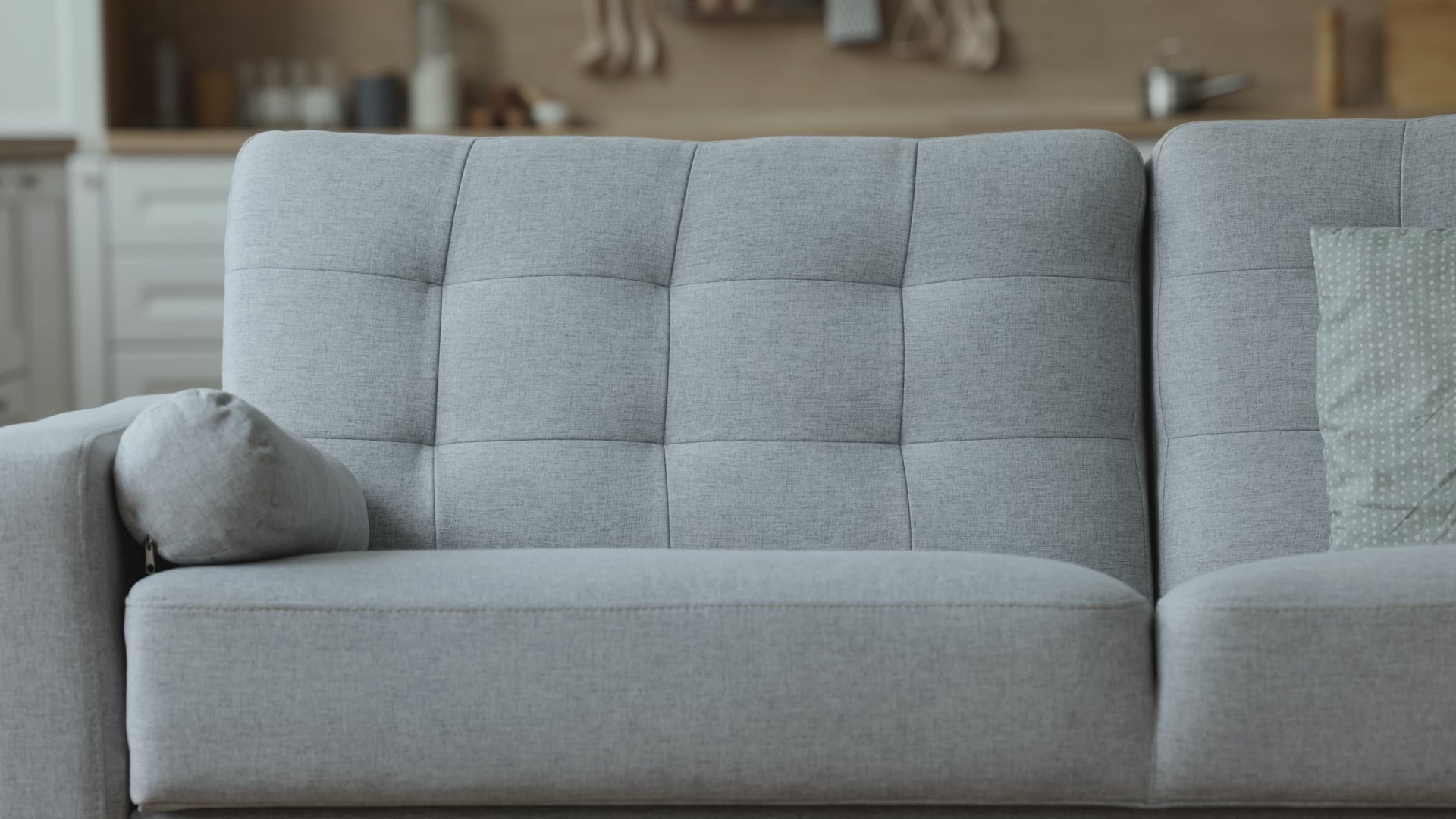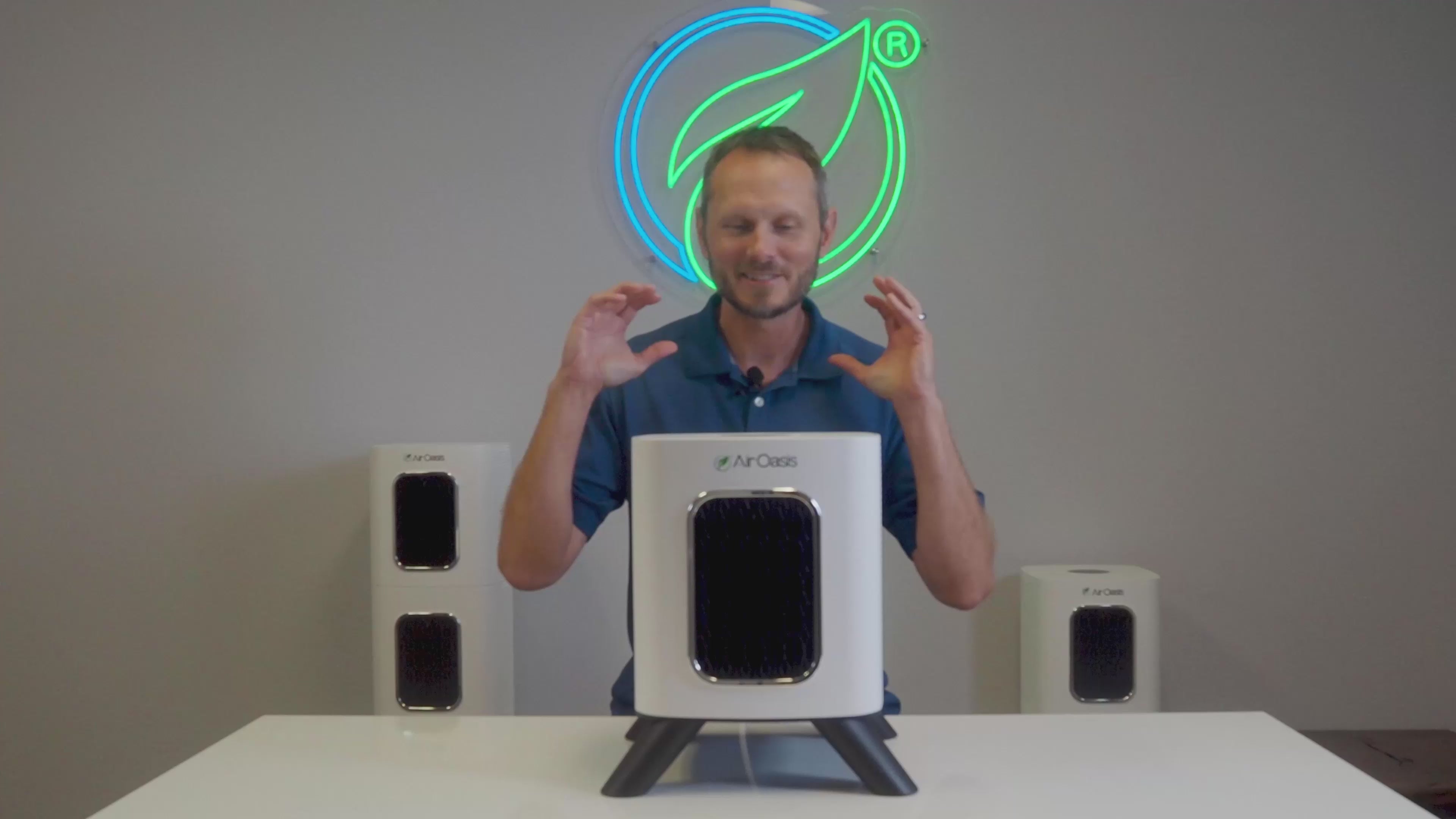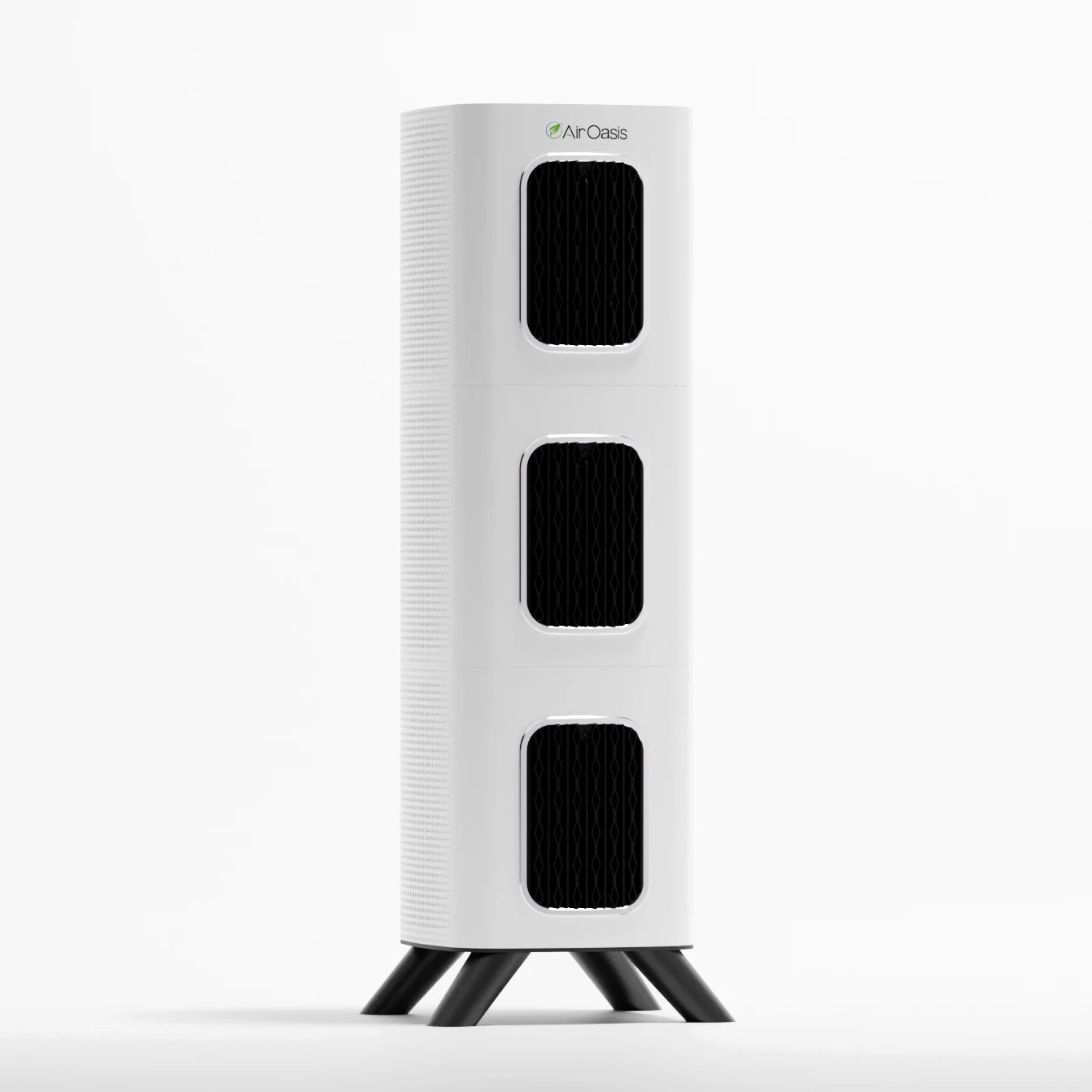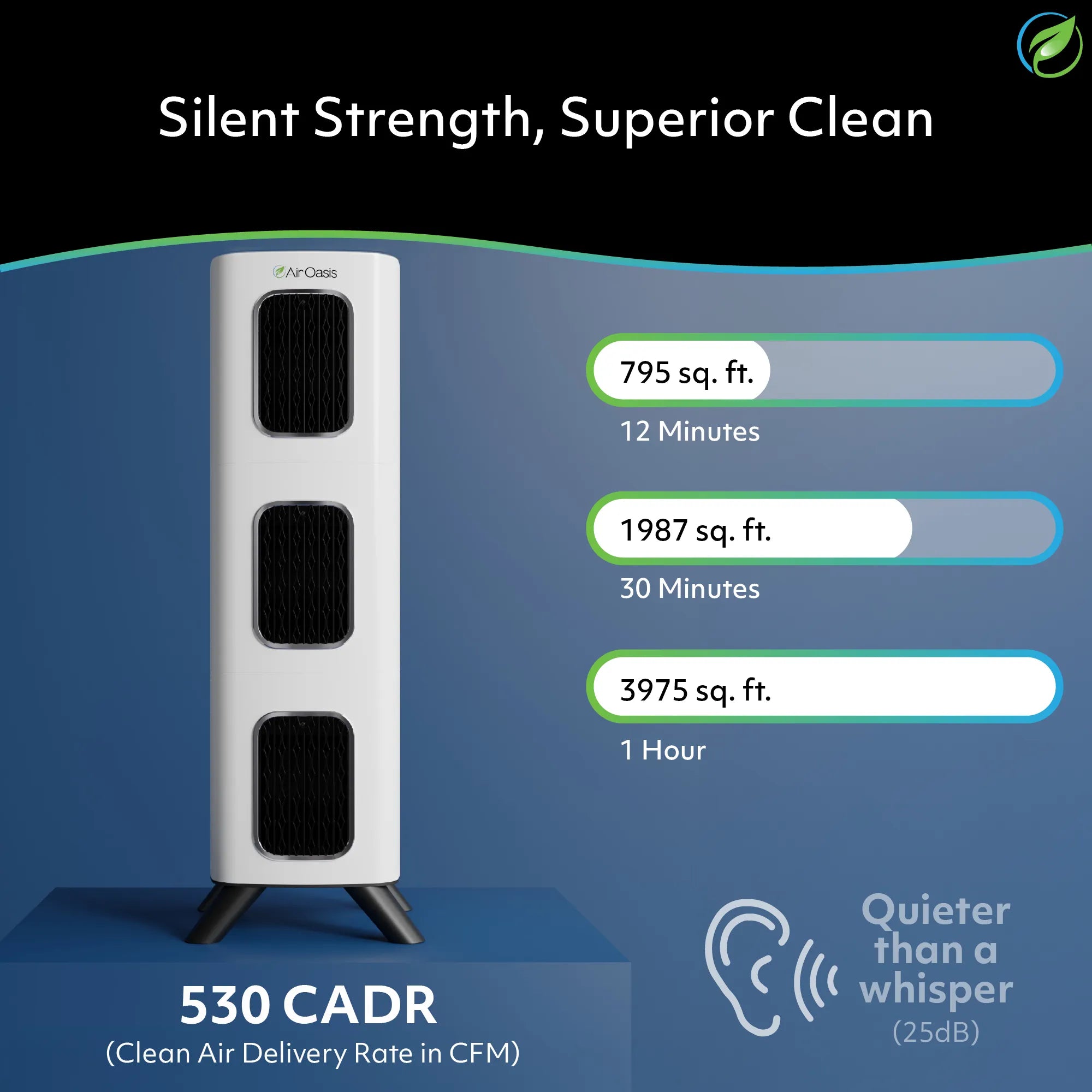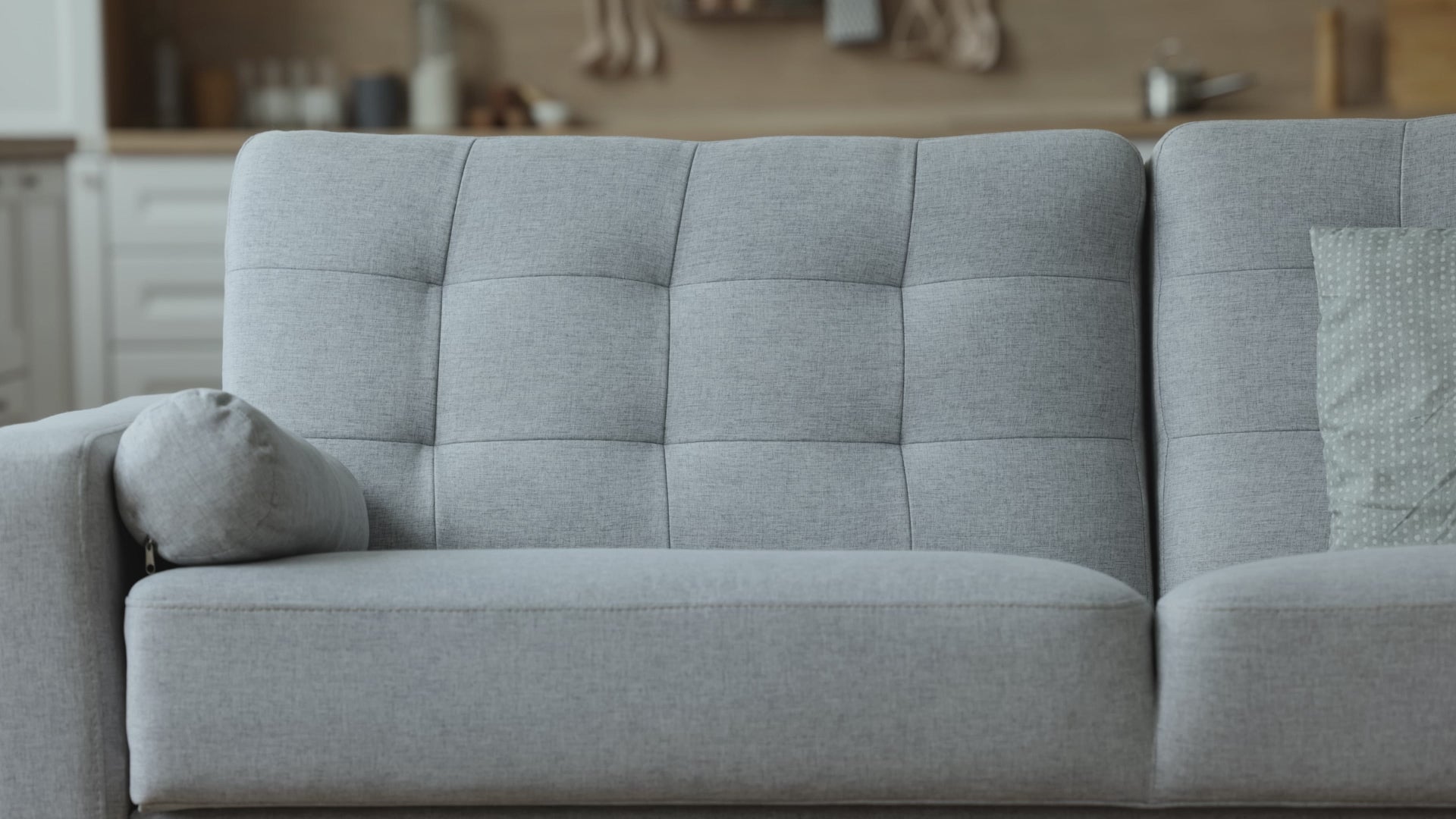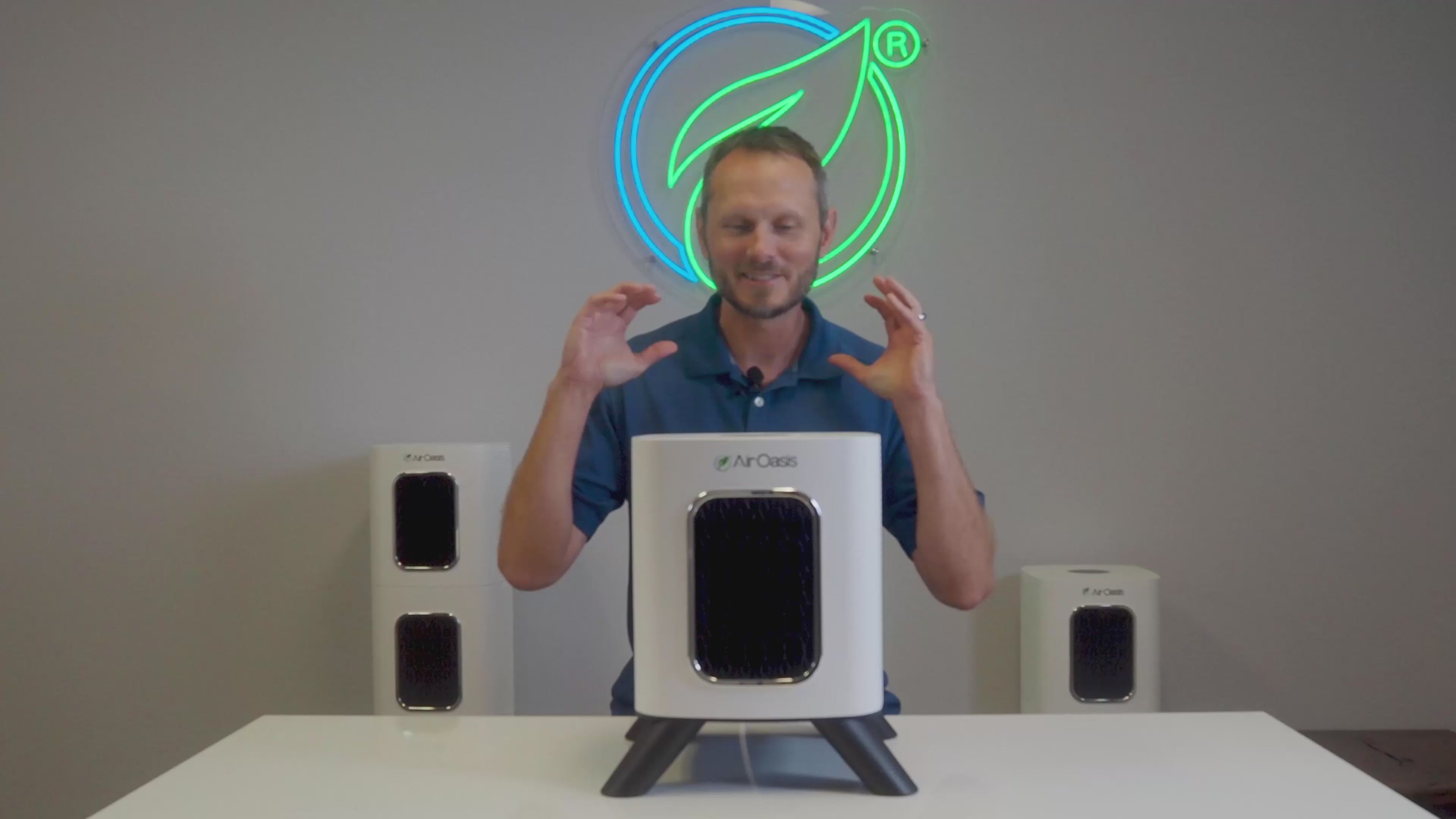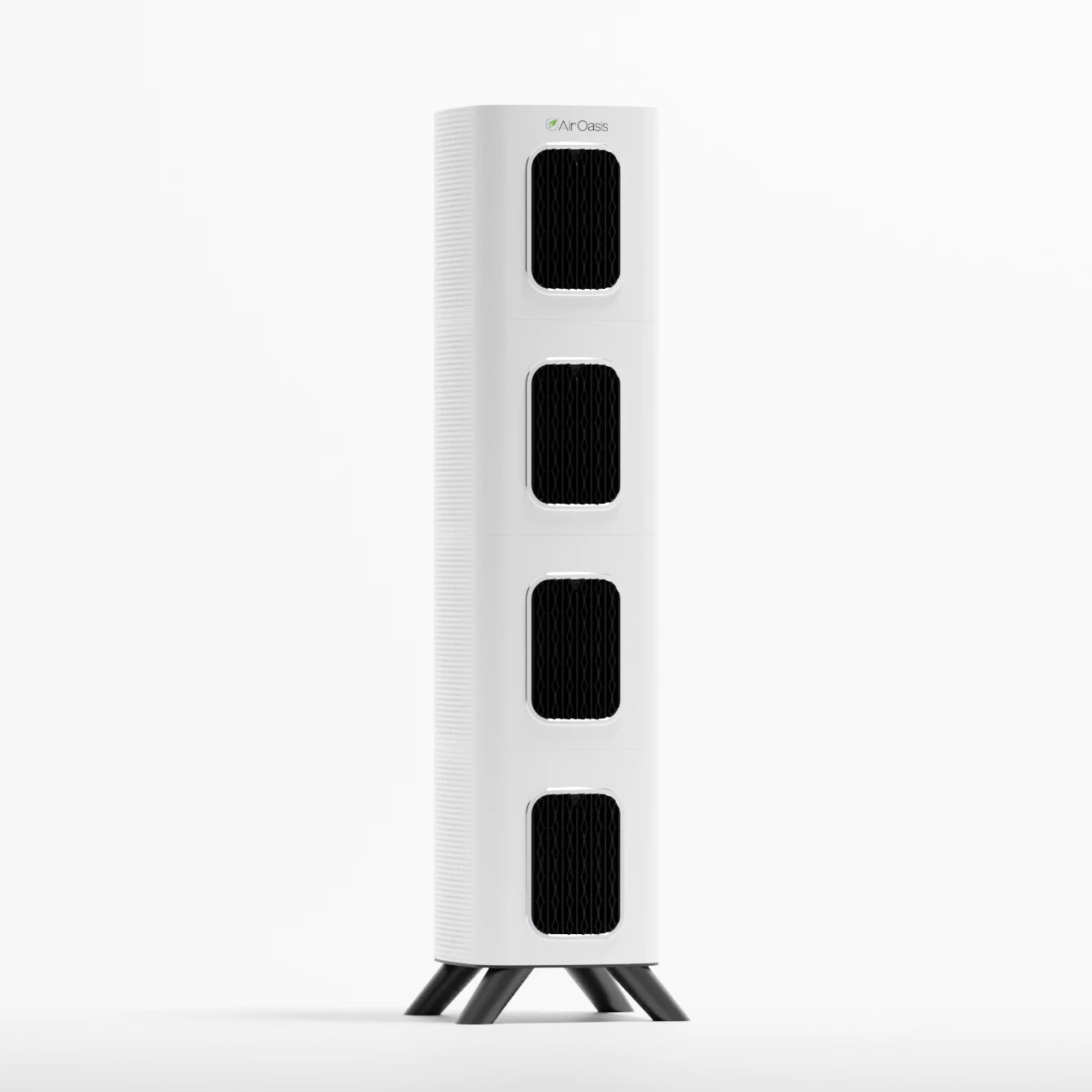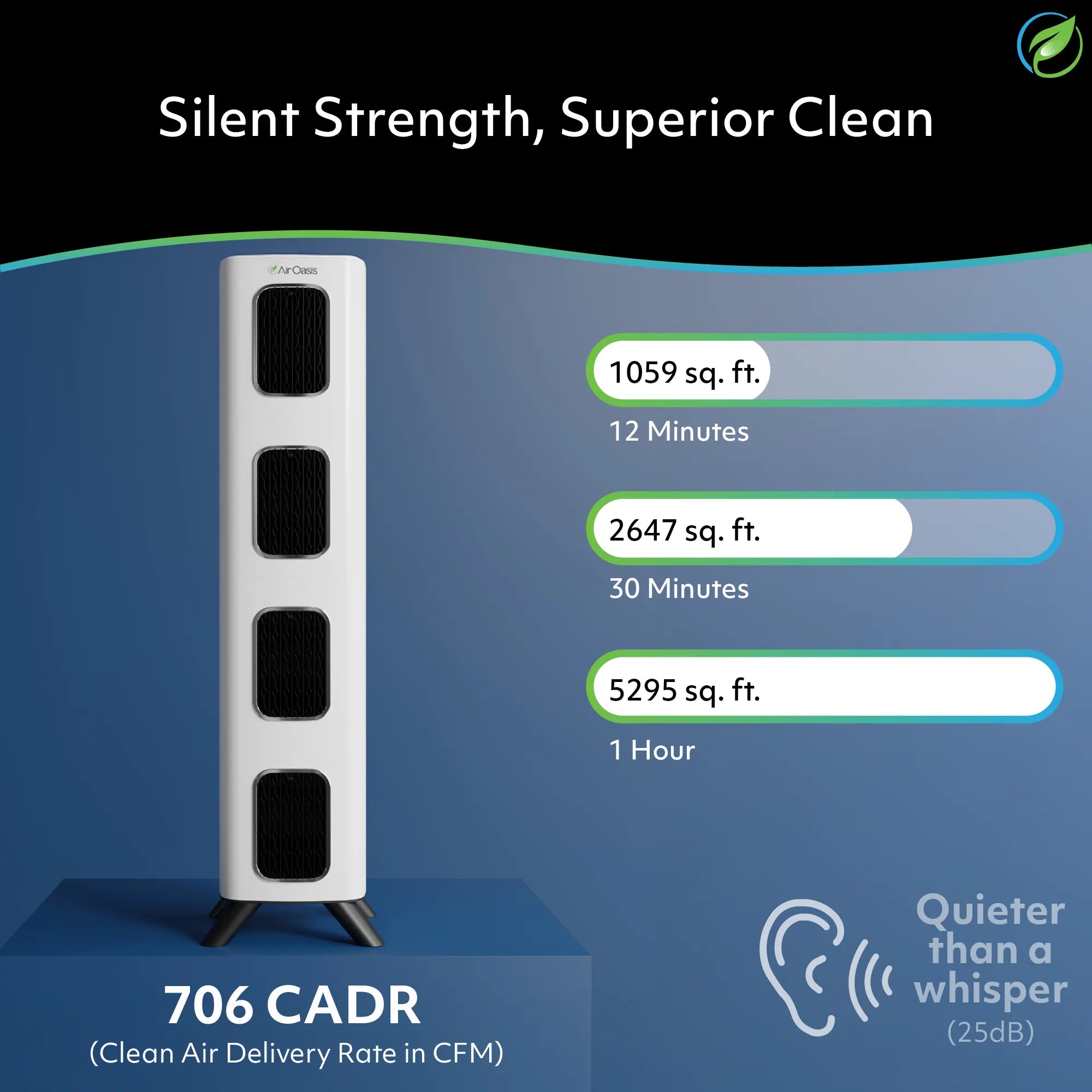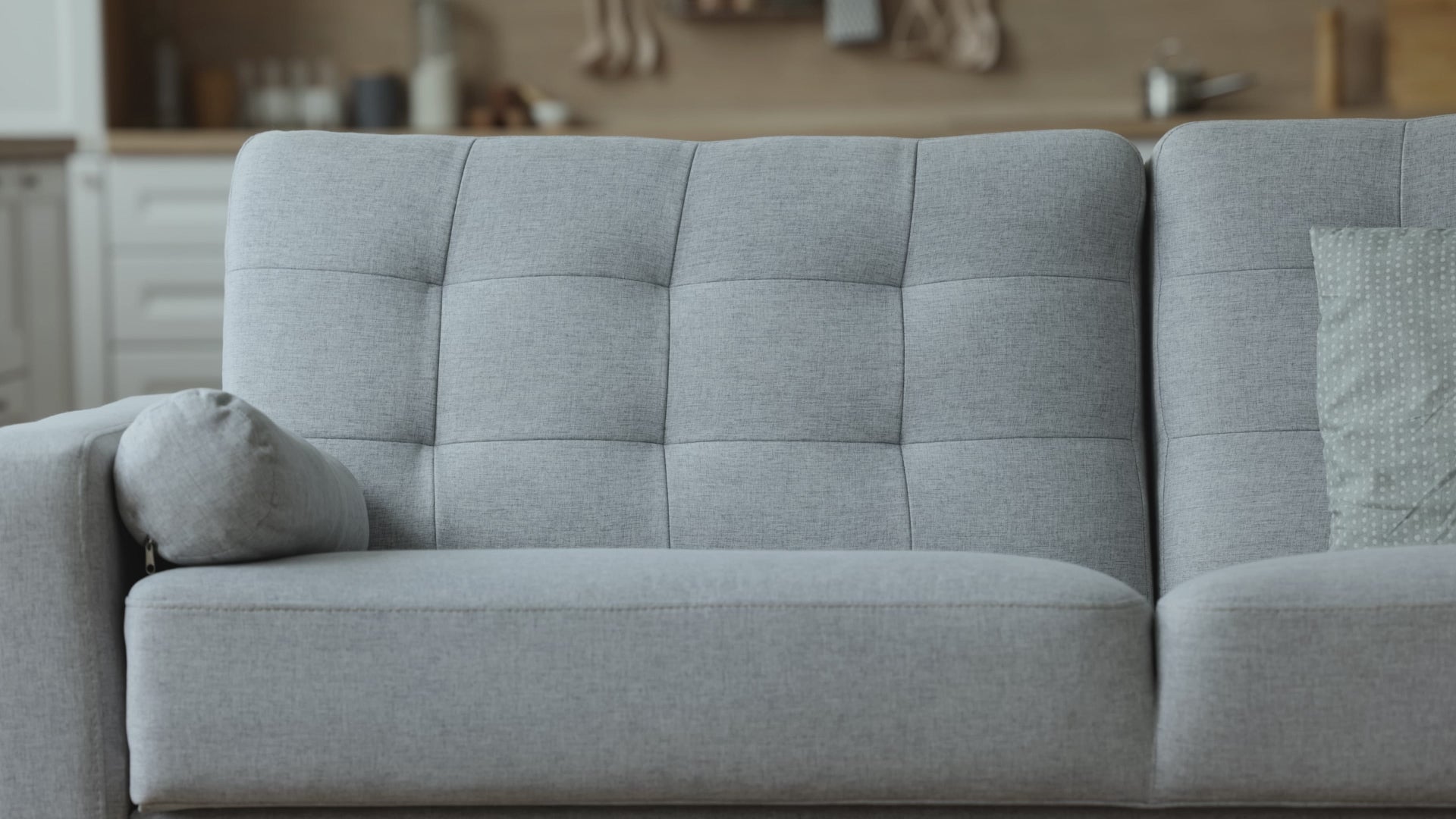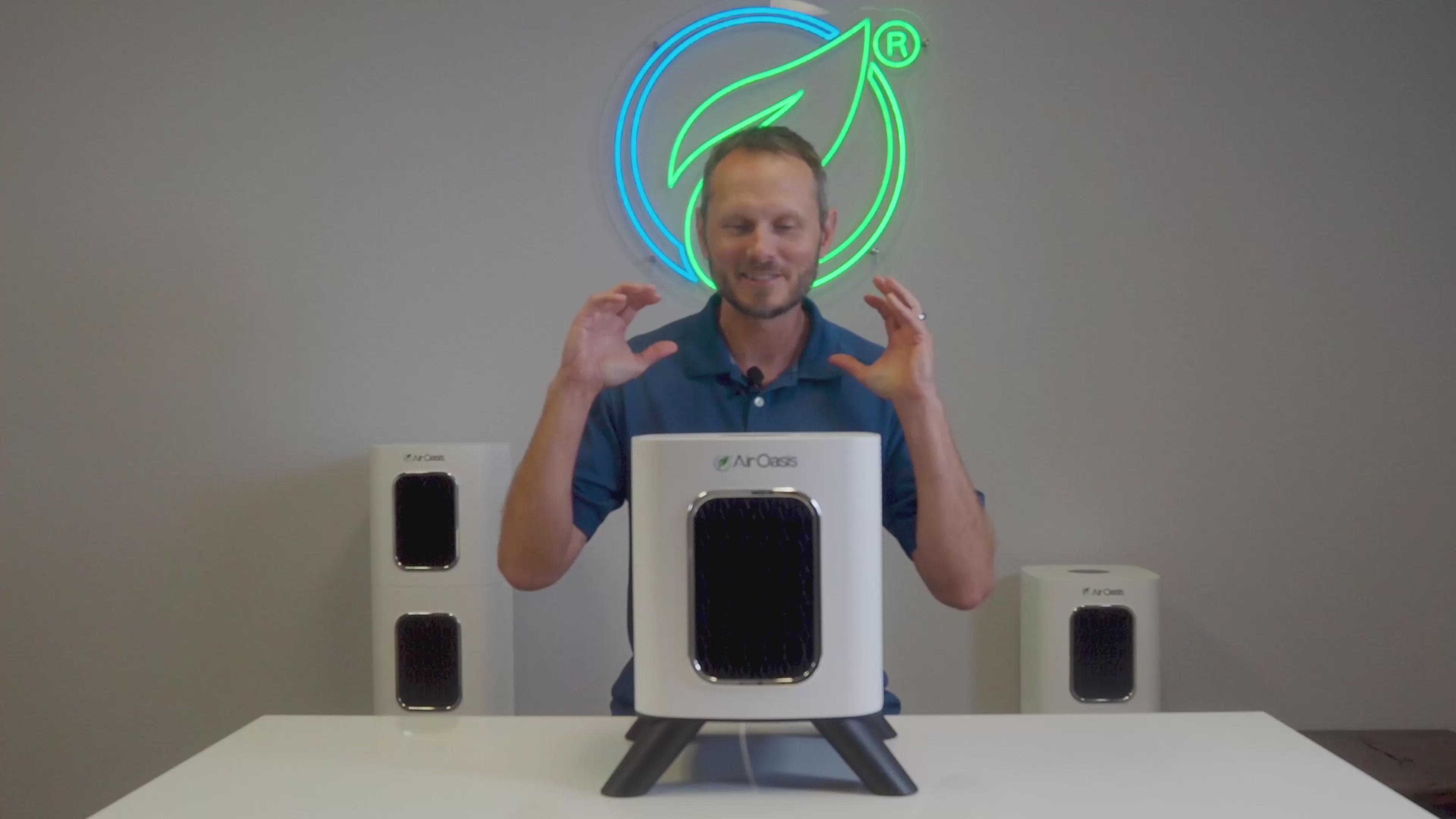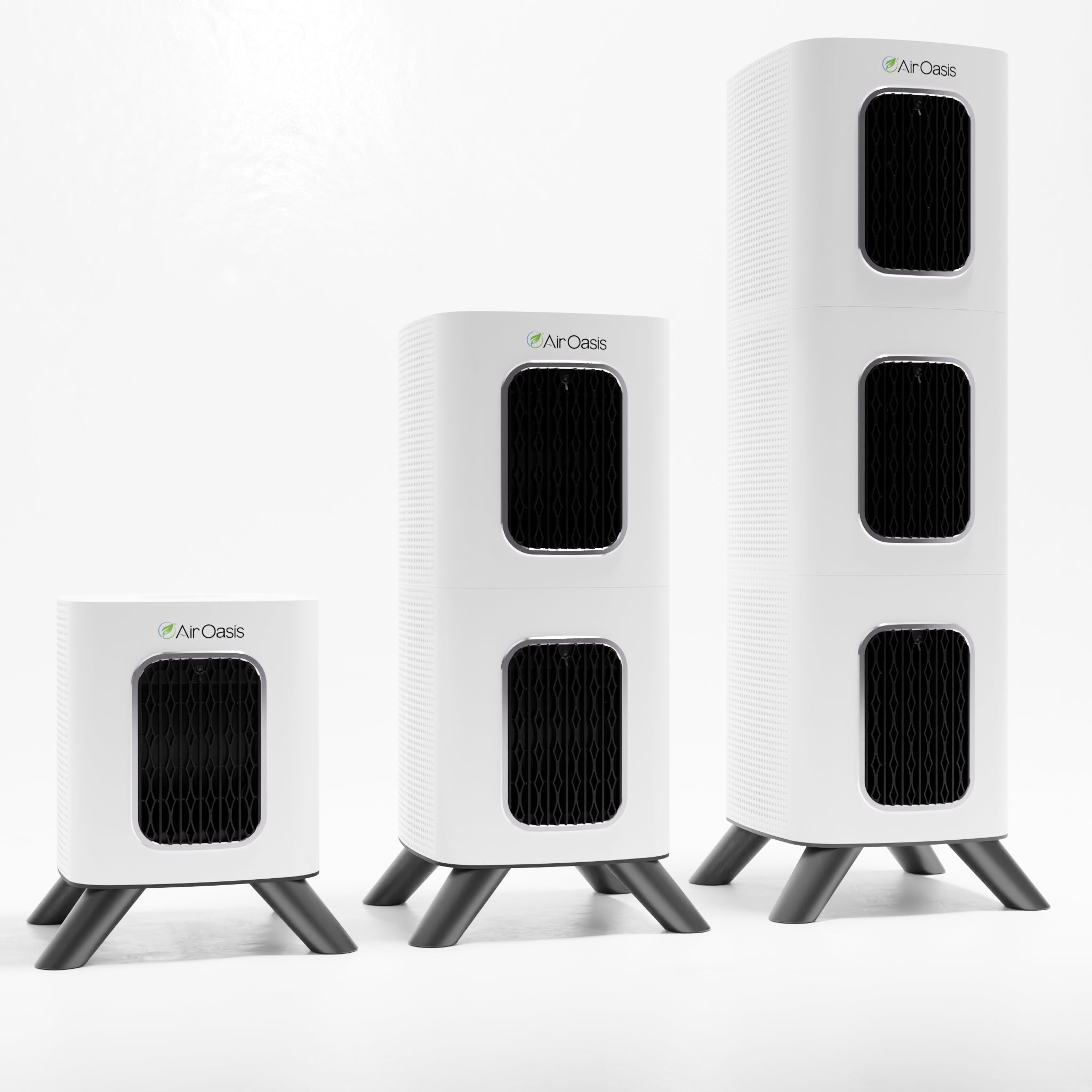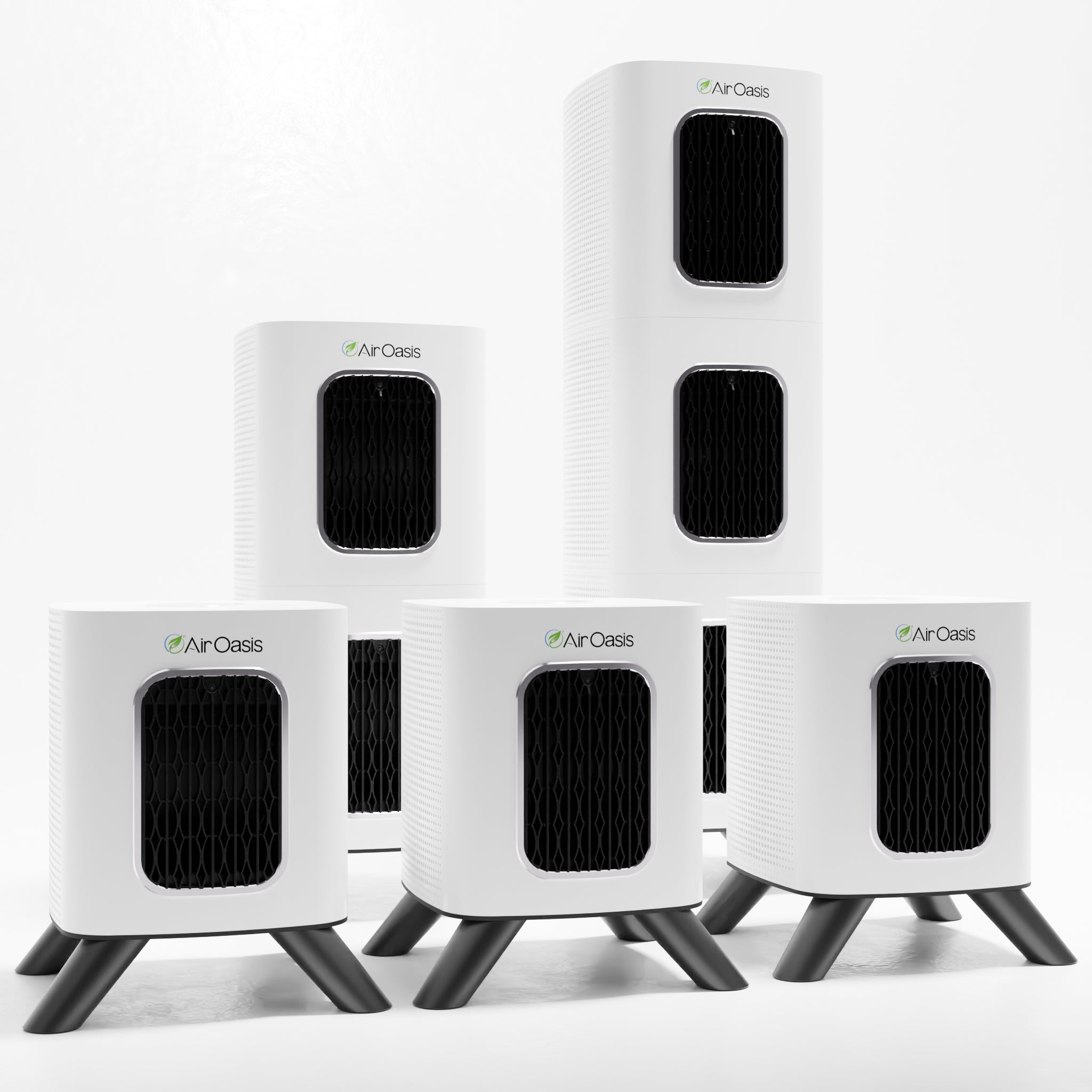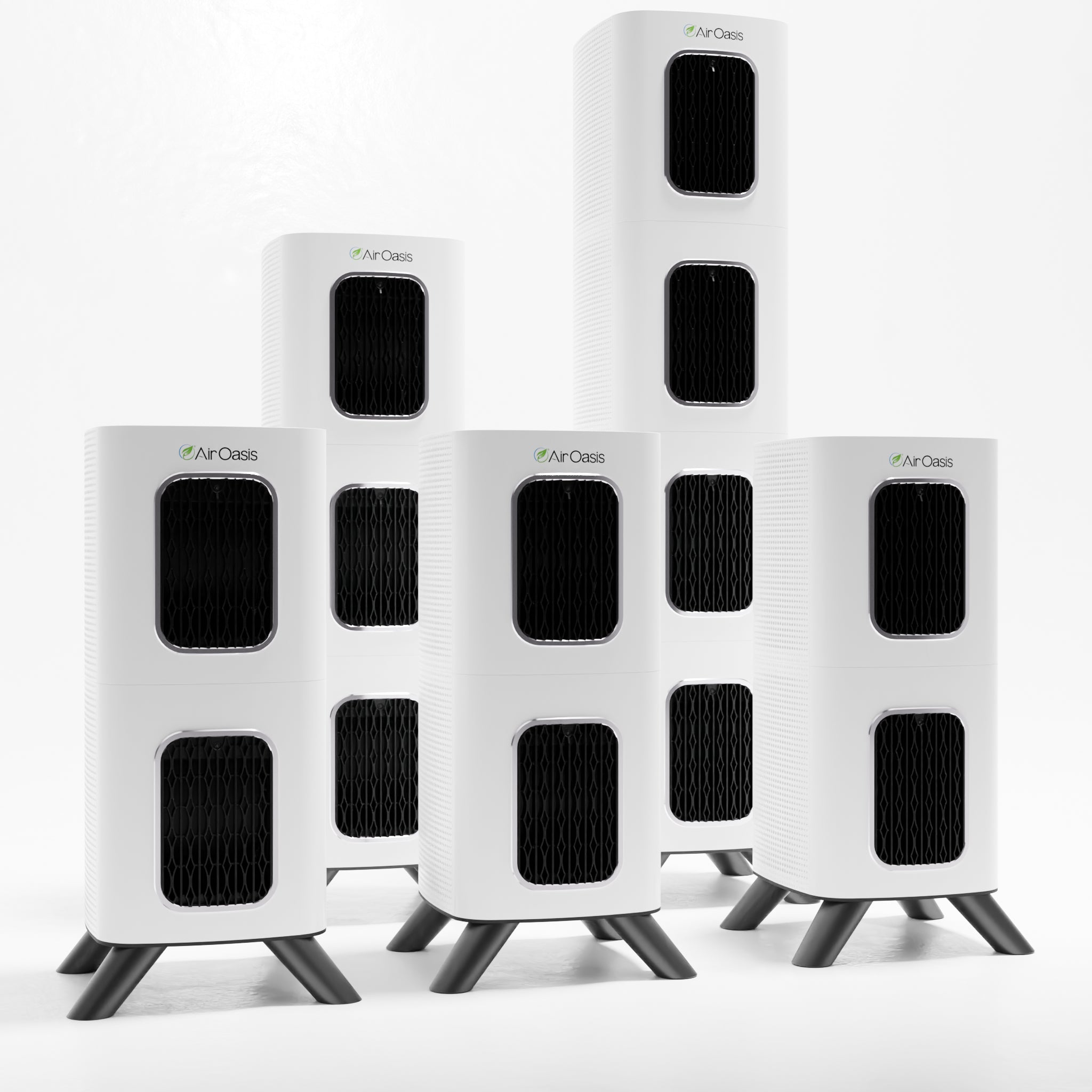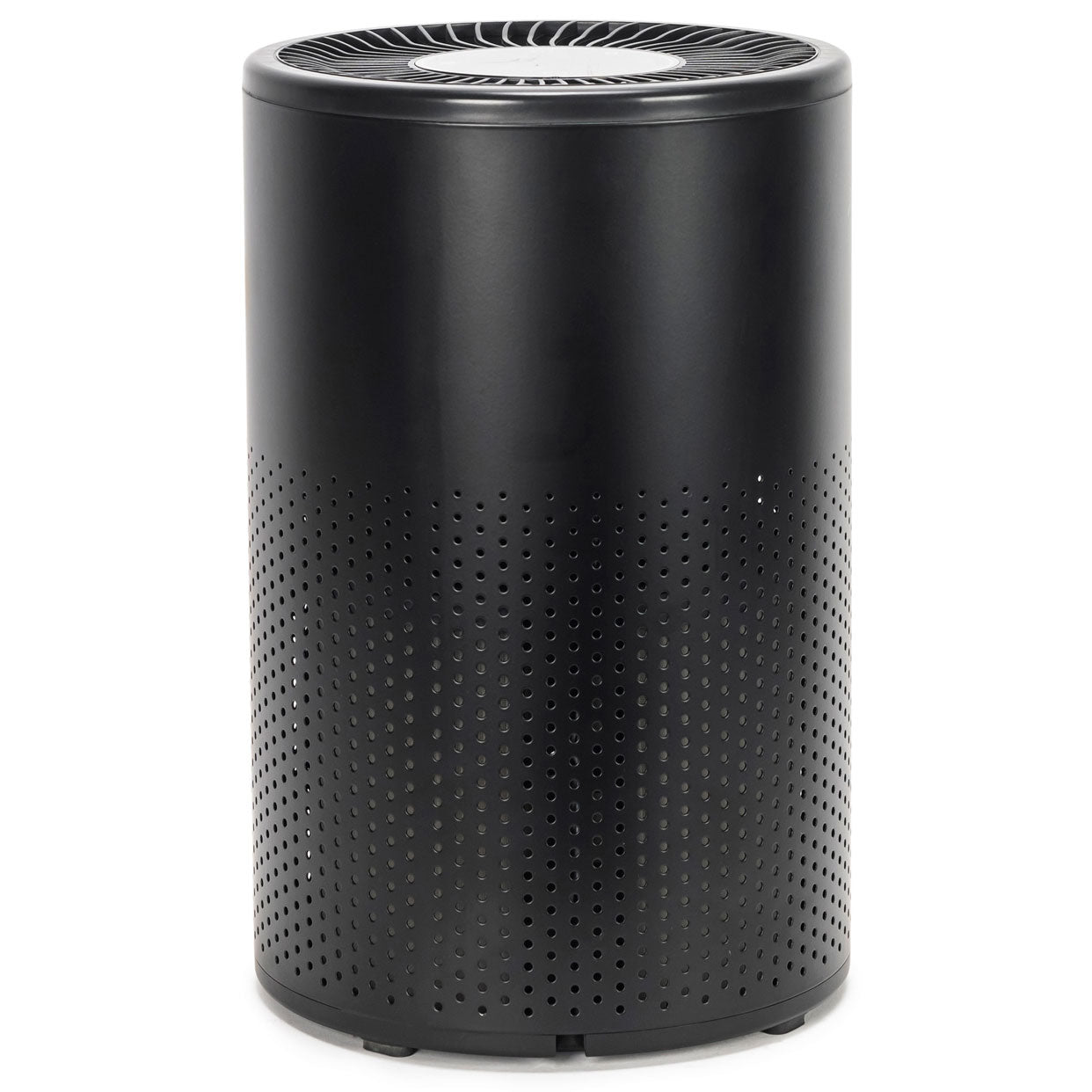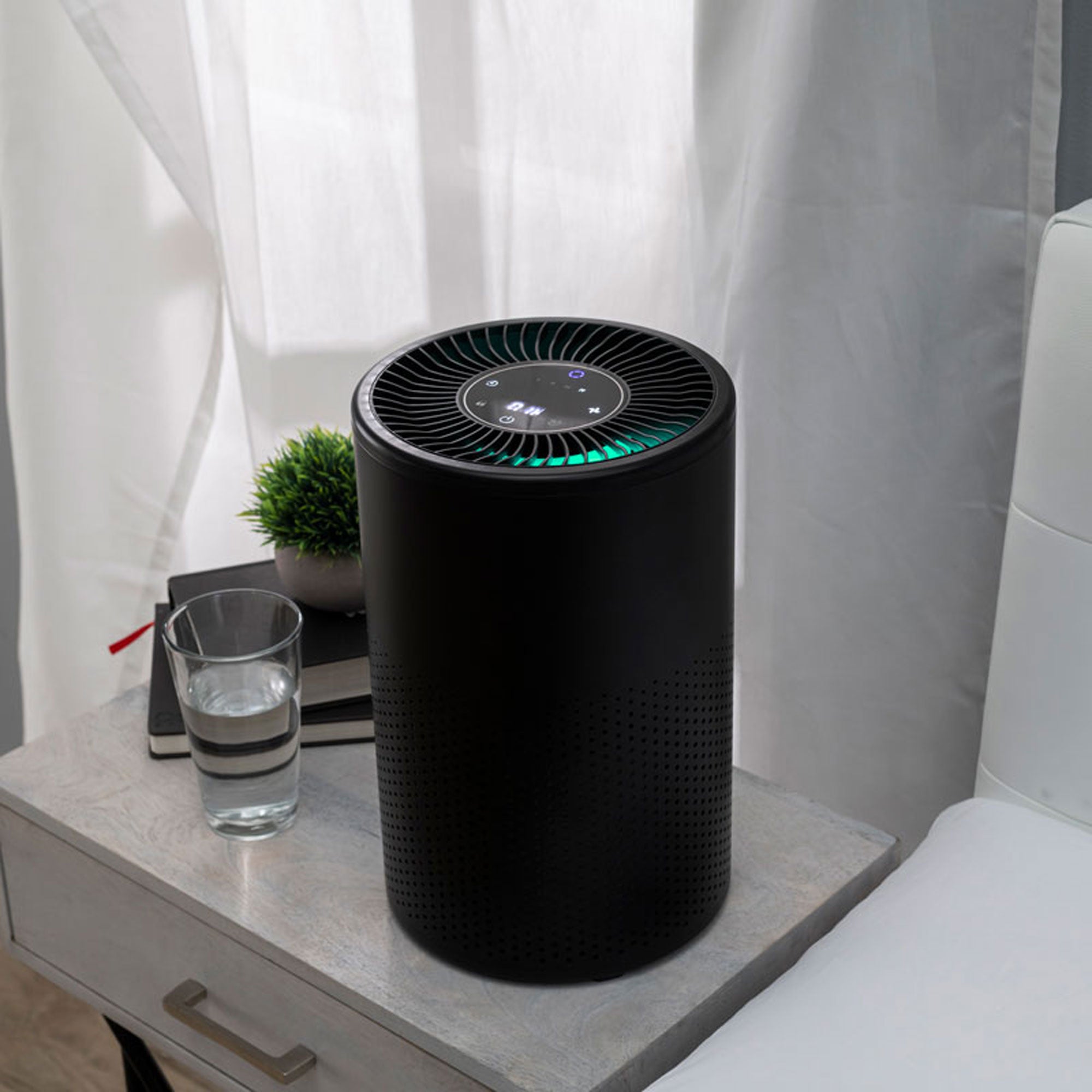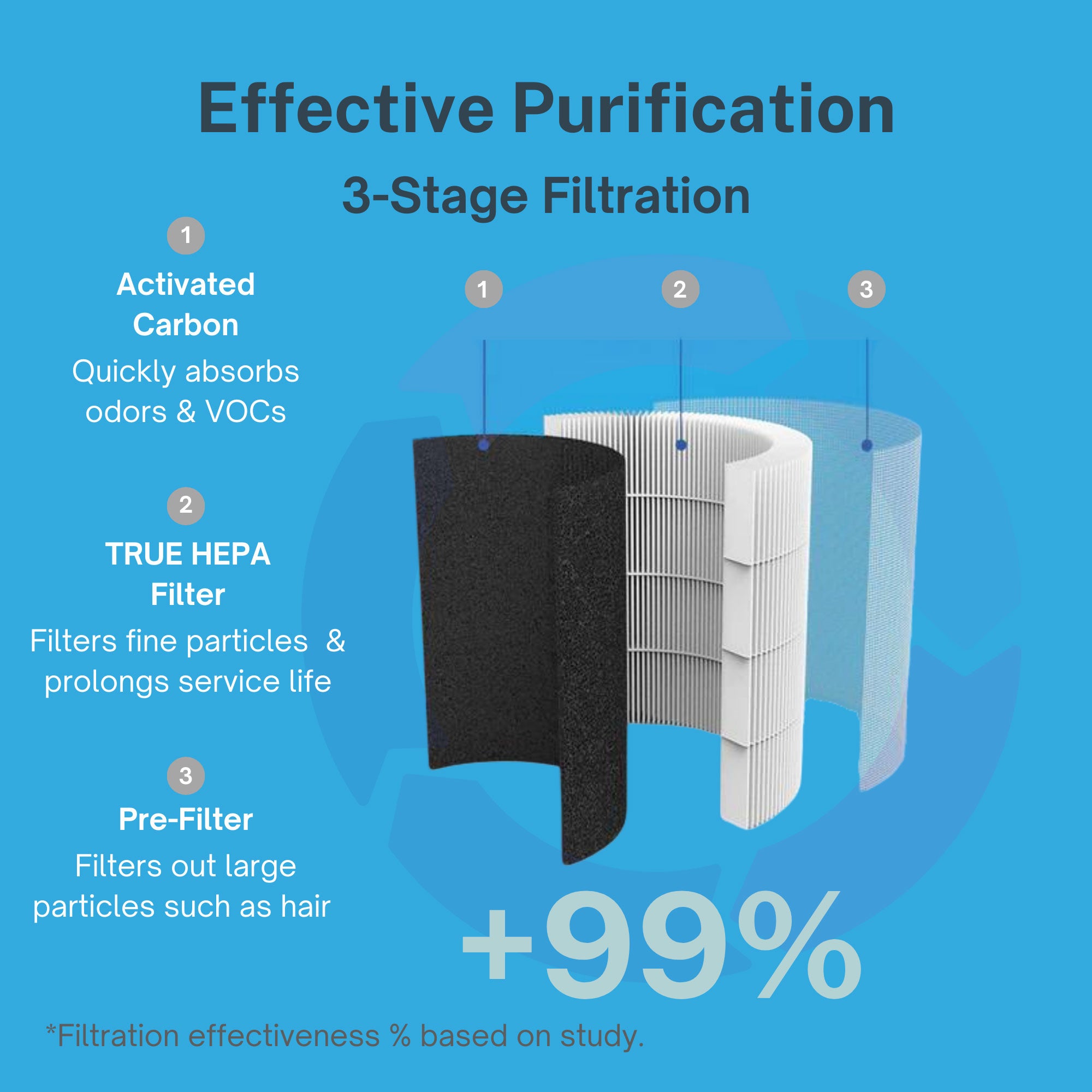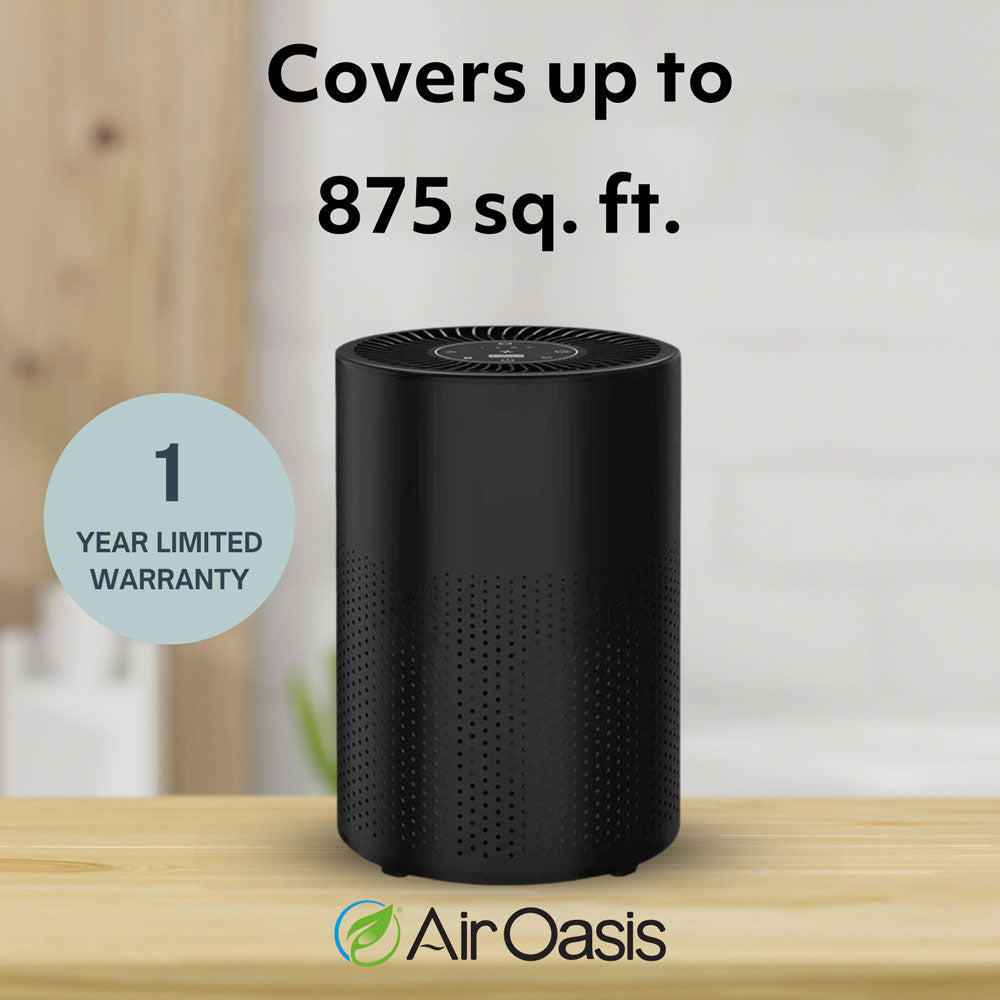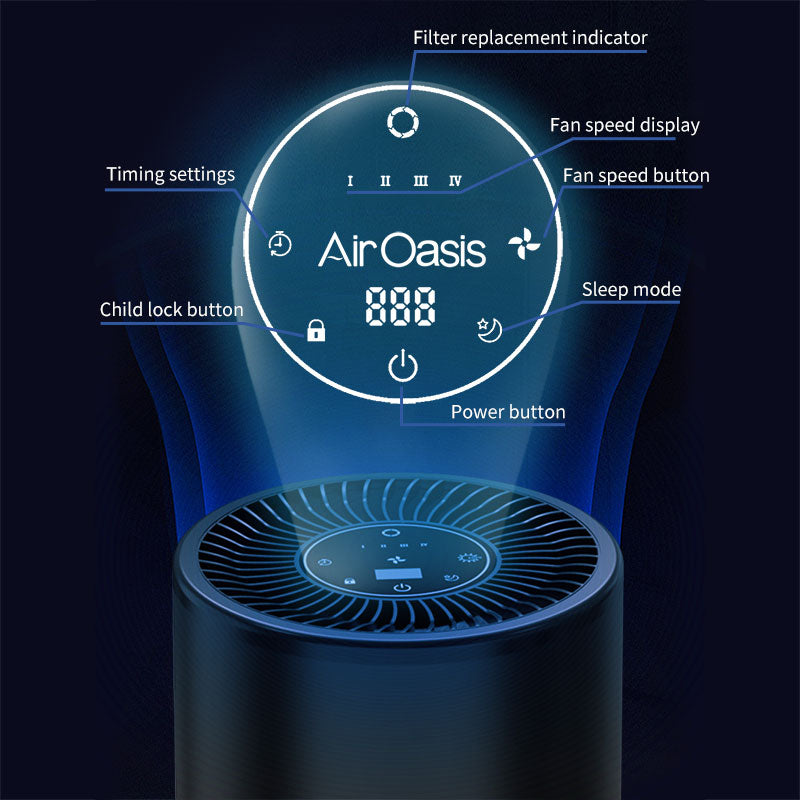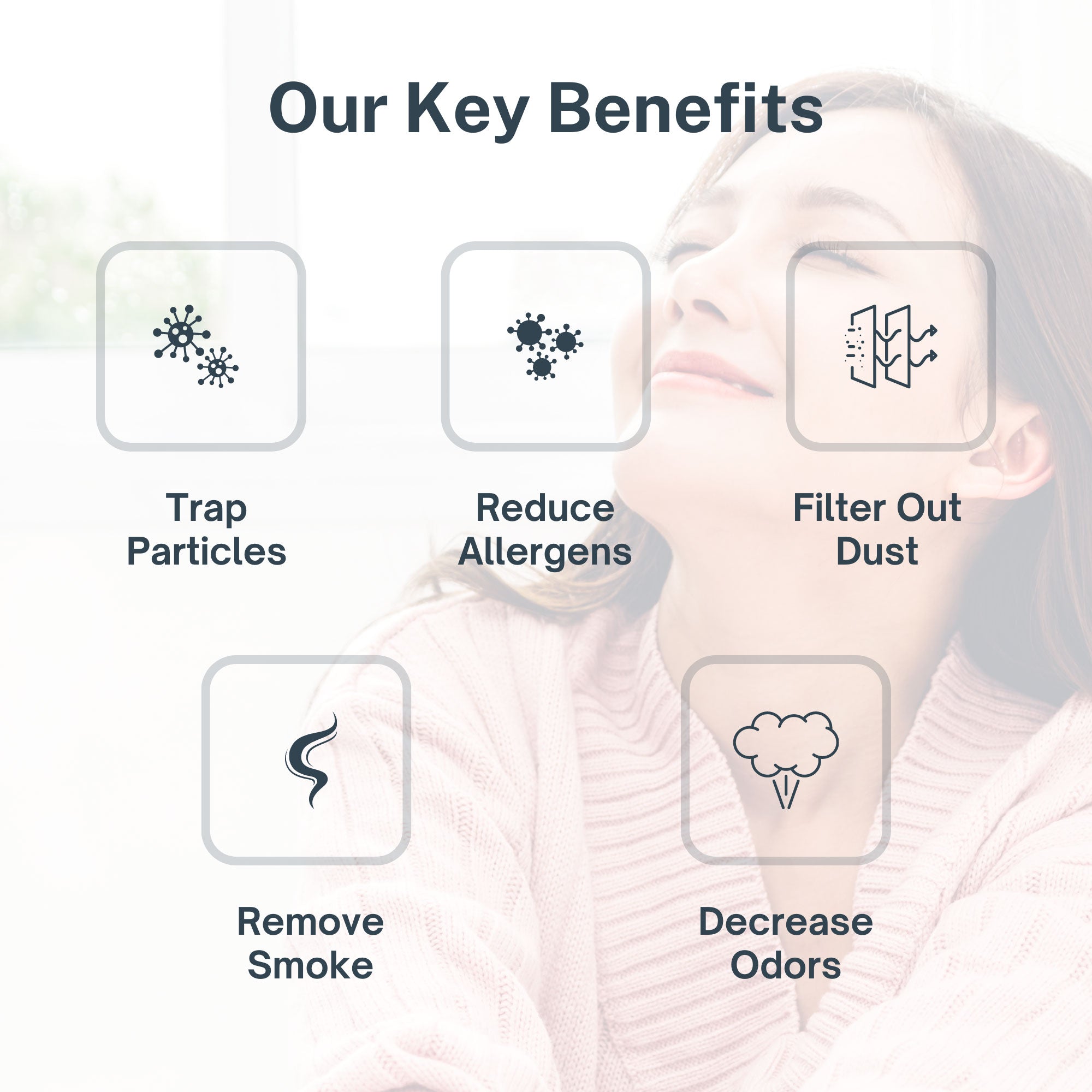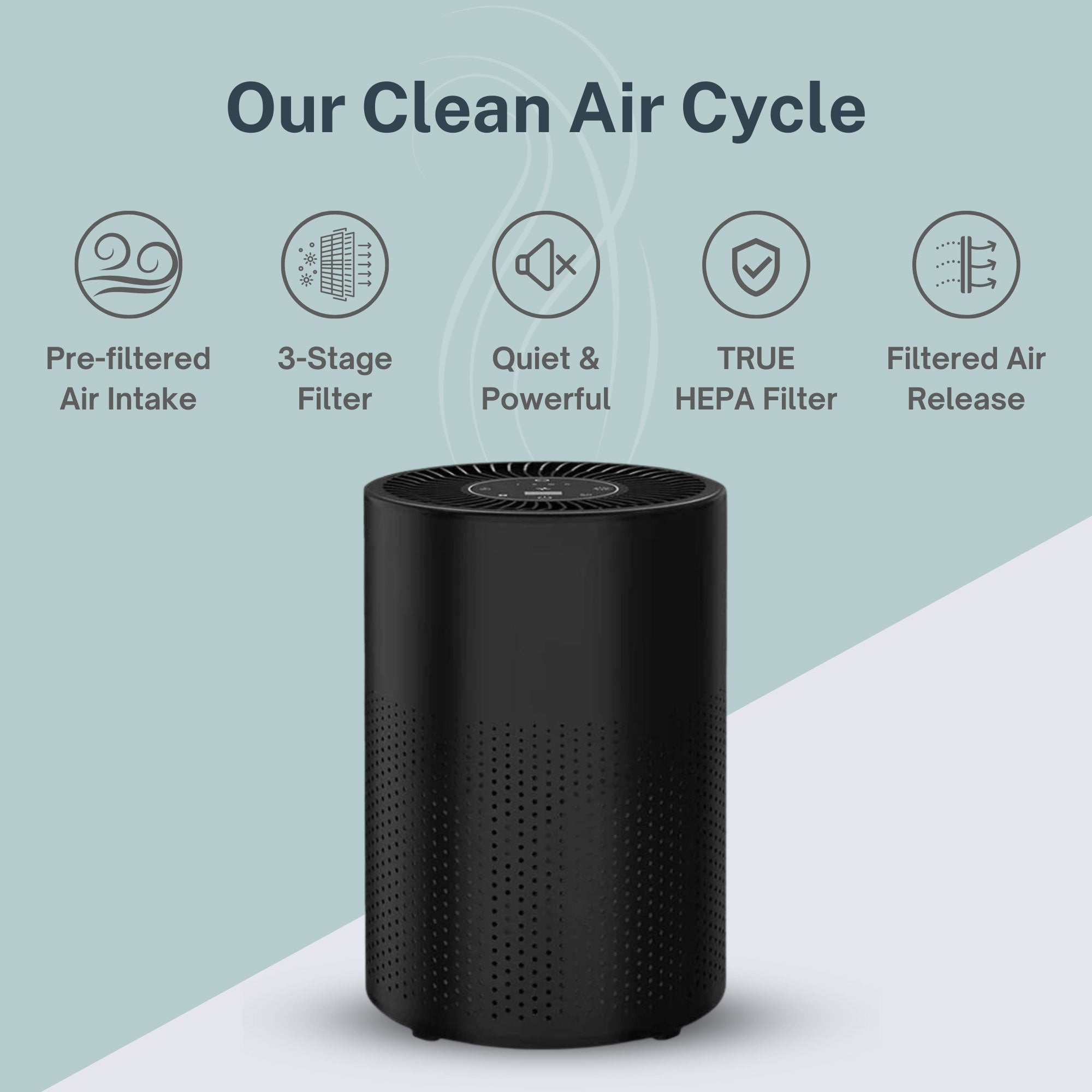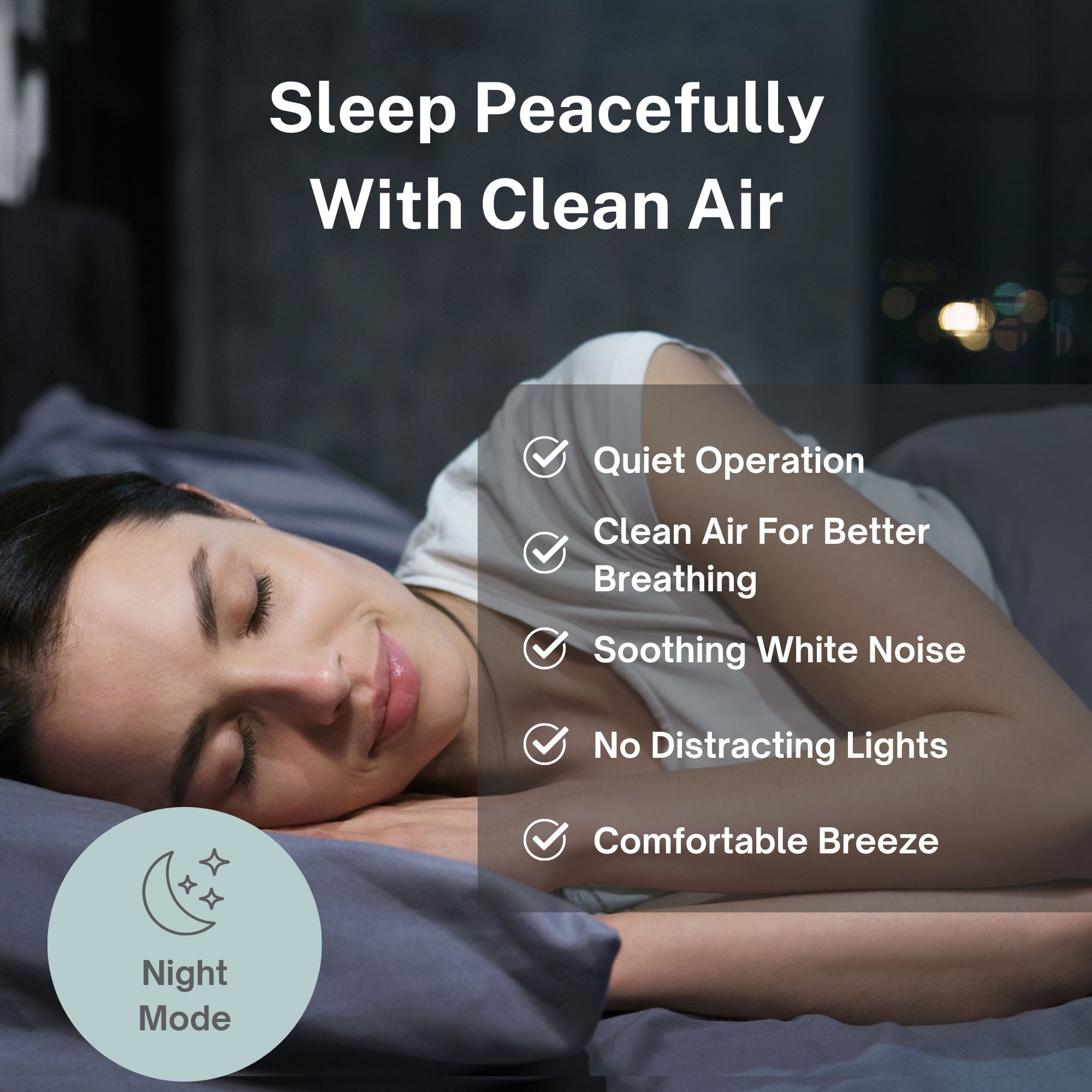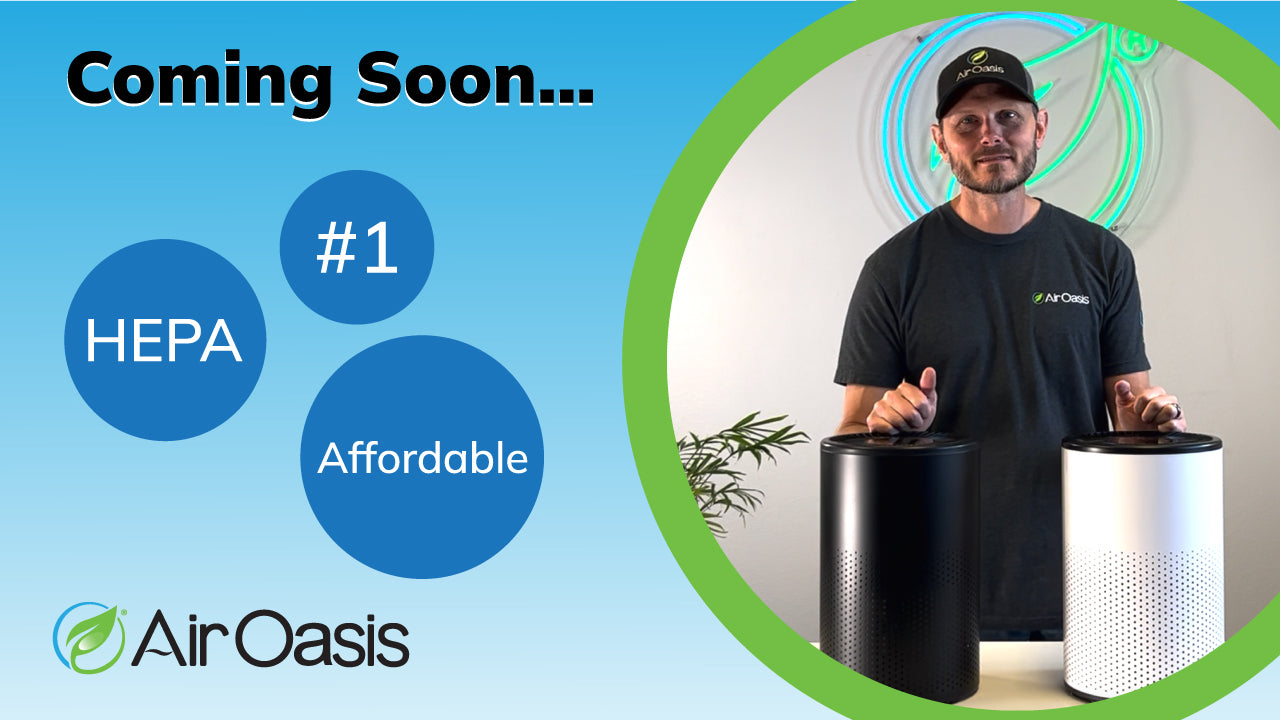As we age, our immune systems and respiratory systems can become more vulnerable to environmental factors, such as mold exposure. For elderly individuals, the presence of mold in their living spaces can pose significant risks to their respiratory health and overall well-being. Mold spores can trigger allergic reactions, worsen existing respiratory conditions, and potentially lead to serious health complications.
Below, we'll explore the importance of maintaining a mold-free environment for elderly loved ones and provide practical tips and protective measures to ensure their respiratory health is safeguarded. By understanding the risks and implementing effective strategies, we can create a healthier and more comfortable living space for our aging family members or friends.
The Risks of Mold in the Home
Mold exposure can have severe consequences for the respiratory health of elderly individuals. As we get older, our lungs and immune systems become less efficient, making us more susceptible to the harmful effects of mold.
For those with pre-existing respiratory conditions such as asthma, COPD, or allergies, mold exposure can exacerbate symptoms, triggering coughing, wheezing, and difficulty breathing.
It's crucial to recognize the common symptoms of mold-related health issues in the elderly, which may include:
- Persistent coughing or wheezing
- Shortness of breath
- Nasal congestion or sinus problems
- Throat irritation
- Eye irritation or watering
- Skin rashes or irritation
- Headaches or fatigue
But mold is not a foregone conclusion. Let’s look into some helpful protective measures you can put into practice.
Protective Measures for the Elderly
You can take several steps to improve the air quality in your elderly loved ones’ homes and to minimize the risk of mold.
Keep Living Spaces Dry
One of the most effective ways to prevent mold growth is to keep living spaces dry. Regularly inspect for and promptly fix any leaks in plumbing fixtures, roofs, or windows. Even small leaks can create the moisture necessary for mold to thrive.
Invest in high-quality dehumidifiers to maintain optimal humidity levels in the home, ideally between 30% and 50%. Excess moisture in the air can lead to condensation and create an ideal environment for mold growth.
Improve Ventilation
Proper ventilation is key to preventing mold growth in areas prone to moisture buildup, such as bathrooms, kitchens, and laundry rooms. Install exhaust fans to allow air circulation and reduce humidity levels.
Don't forget to open windows regularly, even in common living areas, to promote fresh air circulation. Stagnant air can contribute to moisture buildup and create ideal conditions for mold growth.
Clean and Disinfect Regularly
Maintaining a regular cleaning and disinfecting routine is crucial, especially in high-moisture areas like bathrooms and kitchens. Use EPA-approved disinfectants and scrub surfaces thoroughly to prevent mold growth.
Further, consider investing in mold-resistant products, such as paints, caulks, or sealants, for surfaces that are particularly prone to mold growth. These products can help create an inhospitable environment for mold and make cleaning easier.
Invest in Air Purifiers
In addition to controlling moisture and maintaining cleanliness, investing in a high-quality air purifier can be a game-changer for maintaining a mold-free environment. Air purifiers, like the iAdaptAir from Air Oasis, are designed to capture and remove mold spores, as well as other airborne pollutants that can exacerbate respiratory issues.
Air Oasis air purifiers are an excellent choice for elderly individuals due to their advanced filtration technology. These purifiers use a combination of True H13 HEPA filtration, activated carbon, UV-C light, bi-polar ionization, and silver ions to effectively capture and neutralize mold spores, ensuring cleaner and safer indoor air quality.
Incorporating an air purifier into the home environment of elderly loved ones can provide peace of mind and promote better respiratory health. By effectively removing mold, mold spores, and other pollutants from the air, air purifiers can help alleviate symptoms and prevent potential health complications associated with mold exposure.
Regular Maintenance and Inspections
It's essential to stay proactive in identifying and addressing potential mold growth. Schedule regular inspections of your elderly loved ones' homes to check for signs of moisture issues or visible mold growth. Early detection and prompt action can prevent further spread and protect their respiratory health.
If you notice any signs of mold growth, act quickly to address the issue. If necessary, hire professional mold remediation services and take steps to eliminate the source of moisture and prevent future growth.
Encourage Outdoor Activities
While maintaining a mold-free indoor environment is crucial, it's also important to encourage elderly loved ones to spend time outdoors. Fresh air and sunlight can provide a refreshing break from prolonged indoor exposure to mold spores and other pollutants.
Encourage activities like gardening or nature walks, which offer the dual benefits of fresh air and gentle exercise. These activities reduce indoor exposure and can improve overall physical and mental well-being.
Keep The Elderly Healthy with Air Oasis
Protecting our elderly loved ones from the harmful effects of mold exposure is a vital responsibility. By understanding the risks and implementing effective protective measures, we can create a healthier and safer living environment that safeguards their respiratory health.
We've explored various strategies to maintain clean indoor air quality and prevent mold growth, including controlling moisture levels, improving ventilation, regular cleaning and disinfecting, investing in air purifiers, scheduling inspections, and encouraging outdoor activities.
If you're looking for a reliable and effective solution to combat mold and improve indoor air quality for your elderly loved ones, consider investing in an Air Oasis air purifier. With advanced filtration technology, these purifiers can effectively remove mold spores and other pollutants, providing a safer and healthier indoor environment.
